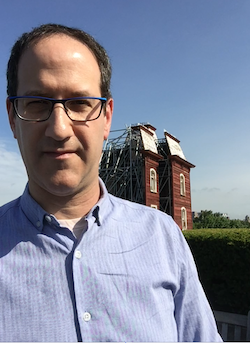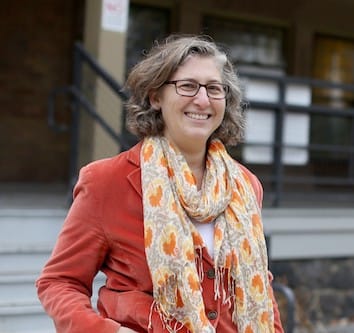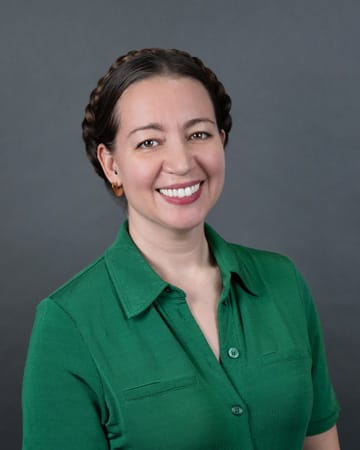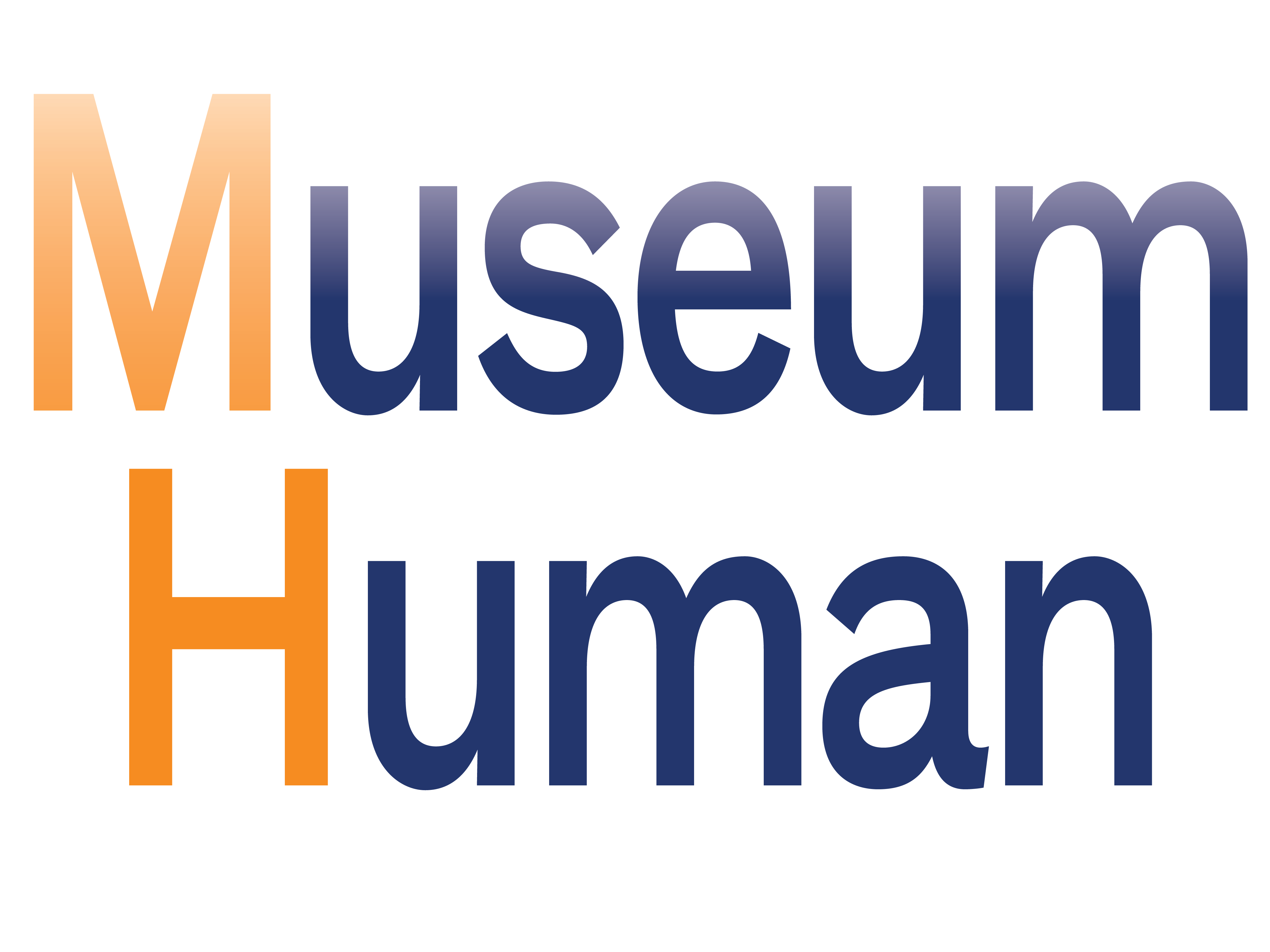Robert J Weisberg

To paraphrase Winona Ryder in Heathers, I just want my workplace to be a nice place.
Robert J Weisberg (he/him) has been at The Metropolitan Museum of Art in New York for over 30 years. He lives in New York City with his wife and a host of interdimensional entities.
After years of writing fiction that resulted in exactly one published short story (and several unpublished novels), he began writing online in 2012 in a shared blog about digital publishing for museums. Seeing digital as a practice and mindset rather than a product, his writing brought in more and more from the growing organizational culture movement. When the digital publishing blog folded in 2015, he began his own blog about the organizational culture of cultural organizations, which eventually became Museum Human.
He was involved in the Museum Computer Network (MCN) annual conference from 2013 to 2018 as a presenter, program committee member, and co-chair of the 2017 and 2018 programs.
In 2019 he presented at the first DigiTrans workshop, in Dortmund, Germany, on digitization and digital literacy in the cultural sector.
Starting in 2020, he began contributing articles and live discussions to the community Museums As Progress (MAP).
He also wrote a couple of articles on tech in museum workplaces for Jing Culture & Commerce (now Jing Culture & Crypto).
In late 2022, like many others, he moved his social media activity to Mastodon—follow him there @robertjweisberg@universeodon.com, or click here—and Bluesky.
Jen Holmes

Leveraging technology & design to help teams achieve more.
As an artist with an MBA who’s worked in museums since high school, Jen Holmes brings an array of creative, collaborative, and analytical approaches to her current role as Assistant Vice President of Strategic Development Services at the Los Angeles County Museum of Art.
She oversees the enterprise relationship management database, fundraising operations, research, and analytics. Her team leverages technology to deliver actionable insights and workload-easing automations to public-facing departments across the museum.
In 2016, after fifteen years in executive affairs, fundraising, and program design, Jen pivoted toward technology when she was tapped to lead a major database conversion that transformed LACMA’s outdated legacy system into an adaptable, scalable insights hub. She went on to launch the organization’s first cross-team business intelligence program. She writes on data equity, mentors early and mid-career women in data, and sits on the Board of the Museum Computer Network.
Always off on a new adventure, Jen finds inspiration for her work by experimenting with new practices in human-centered organizational design, data visualization and storytelling, and progressive leadership. Jen believes all the intelligence we need is in the room if we are curious enough to ask good questions and courageous enough to listen well.
Rebecca Shulman

Rebecca Shulman has been working in museums for over 25 years and has worked as an educator in art museums, as the Director of a children's museum, and as a consultant. Readers of Museum Human might wonder, like Rebecca, why "Director" is capitalized and "educator" is not.
If you want to know more about Rebecca the museum professional and consultant, please visit this page. Otherwise, enjoy these fun facts about Rebecca:
- Her greatest recent achievement is a 750-mile solo bike ride. But now she doesn't ride much at all so if you live in Baltimore and want a biking companion, or just to motivate Rebecca to get back to riding, please reach out.
- She has decided to let her life choices in her 50s be driven by her personal life; her professional life is just along for the ride.
- She is passionate about the role of choice-making in education, especially art education, and believes that engaging individuals in making choices and seeing their impact is an issue of equity.
- She is kind of obsessed with miniatures.
Isabella Bruno

Isabella is a strategic designer, currently part of the engine behind the Smithsonian Institution's digital transformation. Started in the shadow of pandemic layoffs, Lab for Radical Museum Futures is a side-project to nurture and sow radical imagination within the museum field. Through her own experiences with writing, drawing, and other narrative mediums, Isabella knows that design fiction can bring hope and joy.
Uma Nair

Uma is an Organizational Strategist working with museums and cultural organizations to enhance their internal operations and strategies. With nearly 20 years of experience spanning museums, non-profits, and tech sectors, Uma brings extensive leadership and digital project management expertise to her work.
About 12 years ago, she transitioned from the corporate world to the cultural sector, driven by her passion for history, art, and cultural preservation. Her approach is deeply human-centered, using the transformative power of tools and technology to improve internal dynamics of museum teams. She loves taking on complex organizational challenges stemming from diverse stakeholder interests, leadership gaps, or resource constraints and is happiest when meticulously poring over color-coded spreadsheets. Read more about her work experience and projects here.
Caroline Desrosiers

Caroline Desrosiers, Founder and CEO of Scribely, is a trailblazer for inclusive digital services and accessibility. She has dedicated her career to making images, videos, and audio accessible. Featured in the New York Times, Fast Company, and Mashable, Caroline has shared her insights at prestigious conferences, such as South by Southwest, Zero Project Conference, Sight Tech Global, and the CSUN Assistive Technology Conference. Caroline provides expert accessibility consulting for enterprise companies like Walmart, Twitter/X, and Sesame Street.
With a background in digital publishing for higher education, Caroline's strategic expertise includes integrating inclusive and accessible processes into digital content and metadata distribution systems. Before founding Scribely, she played a key role in establishing efficient systems for seamless information flow across internal and external networks. Caroline now provides organizational and change management support to enterprise clients to establish content accessibility policies and procedures at scale.
Passionate about accessibility and disability inclusion, Caroline advocates for born-accessible workflows, contributes to academic research on generative AI, and regularly collaborates with the W3C Silver Alt Text Subgroup to ensure the future of digital content remains accessible and inclusive. Caroline is responsible for leading the initiative to add Alt Text (Accessibility) and Extended Description (Accessibility) metadata properties to the IPTC Photo Metadata Standard. This has made it possible for content creators to embed alt text and extended descriptions in image files, ensuring accessibility metadata can travel more efficiently across providers and platforms.
As a founder with a passion to ensure content is inclusive and free of barriers, Caroline's personal mission harmonizes with Scribely’s vision – leave no one behind online.
